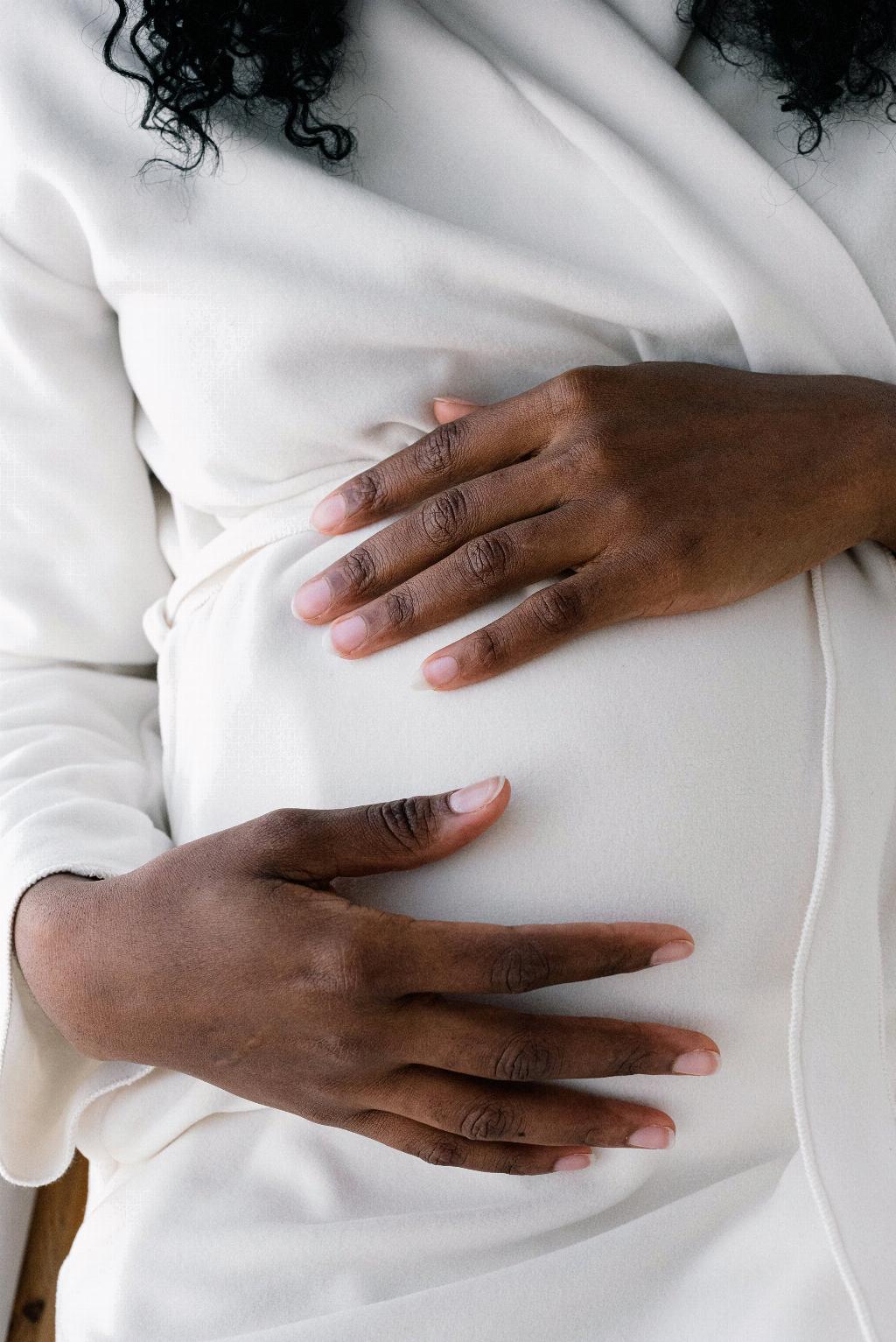During pregnancy, it’s natural to have questions and concerns about your body’s changes and the well-being of your unborn child. The topic of checking your own cervix while pregnant is one that may arise, but it’s essential to understand the risks and implications involved before considering this action.
While it may seem tempting to try to check your own cervix to monitor your body’s progress during pregnancy, it’s crucial to remember that your OB-GYN is the trained medical professional responsible for conducting cervical exams. Your doctor has the experience and expertise to perform these checks safely and accurately.
Attempting to check your cervix on your own can lead to potential complications, especially if you are not familiar with the proper technique. Improper self-exams can result in injury or infection, which can harm both you and your baby. It’s always best to leave these delicate procedures in the hands of your healthcare provider.
Dr. Evans, a respected medical professional, advises against self-checks during pregnancy, citing specific situations where cervical exams are not recommended. If you have conditions such as placenta previa, performing your own cervical checks can increase the risk of complications such as bleeding. Your doctor can assess your unique situation and provide the necessary guidance.
When it comes to your health and the health of your baby, it’s essential to prioritize safety and expert guidance. Your OB-GYN is equipped to monitor your cervical health throughout your pregnancy and intervene if any issues arise. Trusting in their expertise ensures that you receive the best possible care during this crucial time.
Self-checking your cervix while pregnant can also lead to unnecessary stress and anxiety. Without the proper training and knowledge, attempting to assess your cervix on your own may result in misinterpretation of findings, causing undue worry. Relying on your doctor for cervical exams can provide accurate information and peace of mind.
In addition to the risks associated with self-checking your cervix, there is also a psychological aspect to consider. Engaging in self-exams may heighten your prenatal anxieties and lead to unnecessary obsession with cervical changes. Trusting in your healthcare provider to manage these aspects of your pregnancy can promote emotional well-being.
Your body goes through numerous changes during pregnancy, and it’s understandable to have a desire to stay informed about these transformations. However, checking your own cervix is not the recommended method for monitoring progress. Your doctor will conduct regular cervical exams as part of your prenatal care to ensure that you and your baby are healthy.
By following your OB-GYN’s guidance and attending all scheduled prenatal appointments, you are taking proactive steps to safeguard your well-being and that of your child. Your doctor will address any concerns you may have regarding your pregnancy and provide the necessary support and medical care throughout this journey.
Remember that your healthcare provider is there to offer you personalized care and guidance based on your individual needs and circumstances. Trust in their expertise and rely on their professional judgment when it comes to matters such as cervical checks during pregnancy. Your doctor is your partner in ensuring a healthy pregnancy and safe delivery.
In conclusion, while it may be tempting to check your own cervix while pregnant, it is not recommended due to the potential risks involved. Your OB-GYN is the best person to perform cervical exams and monitor your cervical health throughout pregnancy. Trust in your doctor’s expertise and focus on maintaining a positive and healthy mindset during this transformative time in your life.

